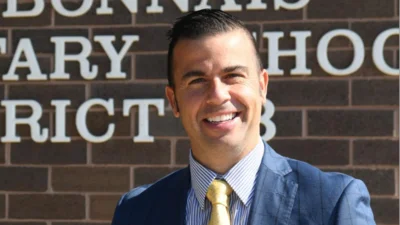Pixabay
Pixabay
Around the globe and here in Illinois, global water shortages are creating major security concerns.
Within our own country, we experience fluctuating water extremes. Seasonal weather patterns play a significant role in the magnitude to which these extremes impact our daily lives. One factor that has played a major role in lessening the impact of the resultant extremes is our country’s 85-year history of conservation on the land. Land and water conservation, with the help of recent scientific understanding, can help mitigate these extremes to stabilize our useable water resources.
Whatever specific water concerns we may have in the U.S., safety, reliability, and accessibility concerns are shared throughout the world. An abundance of water for one country, and its citizens, can be turned into a shortage and rationing for their downstream neighbor. Often this disparity of resources or lack of equitable sharing can lead to political turmoil or physical conflict.
What the U.S. has to offer for aid is our knowledge of land conservation methods that can lead to improved quality and, most importantly, increased quantity of useable water. Whereas the federal government has already invested in our nation’s conservation practices, we are able to share that knowledge with other countries to help stabilize their own needed resources.
There are enough challenges in the world today for those that are raising families. Requiring individuals to also worry about one of the necessities of life, water, should not be one of them. As a nation, we owe a duty to our global neighbors to help provide a solution to water and resource shortages around the globe, and it’s only in our best interest.
Jeff O’Connor
Chairman, Kankakee Soil & Water Conservation District






 Alerts Sign-up
Alerts Sign-up